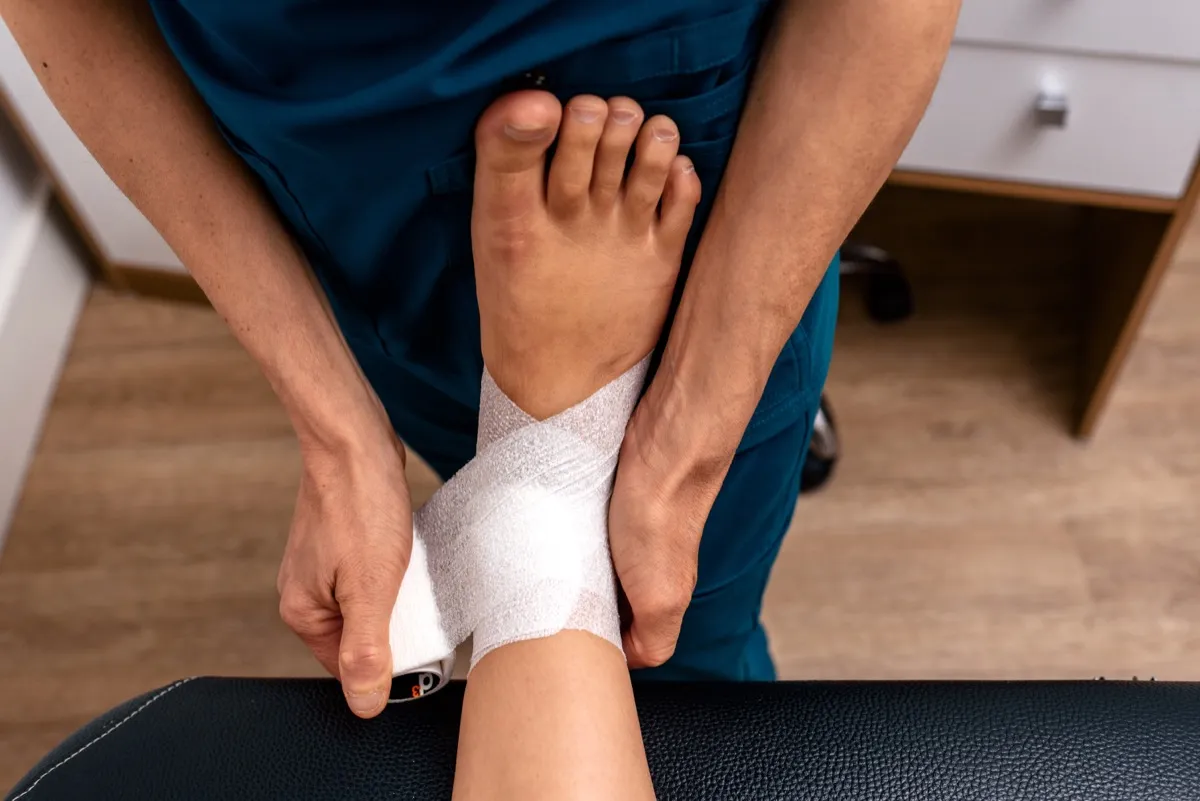6 Surprising Benefits of Taking an Echinacea Supplement

Before the discovery of antibiotics, the medicinal herb echinacea was used to treat a broad swath of illnesses, ranging from scarlet fever to diphtheria. Today, it’s classified as a supplement—not a medicine—meaning it’s used to enhance your diet, not to cure diseases. However, there still appear to be several echinacea benefits for your health. In particular, it’s commonly used to stave off colds and other respiratory illnesses by boosting the immune system.
There are a few things to take into account before you try echinacea for yourself. “While generally considered safe, echinacea can cause mild side effects like gastrointestinal upset or skin rashes. Individuals with allergies to ragweed or similar plants should be cautious,” advises Chris Mohr, PhD, RD, a fitness and nutrition advisor at Fortune Recommends Health.
He says it’s advisable to consult a healthcare provider before starting echinacea, especially for those with autoimmune conditions or chronic diseases. “It’s also important to consider the quality of the dietary supplement and to look for products that have third-party regulations to ensure the ingredients and quality meet the label and science,” he adds.
But if you’re curious about how an echinacea supplement could benefit you, read on to learn the top six potential perks.
RELATED: 5 Surprising Benefits of Taking a Turmeric Supplement Every Day.
1
Anti-inflammatory effects

Many people use echinacea for its possible anti-inflammatory effects.
“While research is still ongoing, echinacea’s potential to reduce inflammation in the body is intriguing. It could help with minor skin irritation or sore throats by calming the body’s inflammatory response,” explains Raj Dasgupta, MD, a medical reviewer for NCOA and an ABIM Quadruple board-certified physician specializing in internal medicine, pulmonology, critical care, and sleep medicine.
RELATED: Doctors Issue New Warning on Cholesterol-Reducing Supplement After 5 Deaths.
2
Wound healing

Sometimes, doctors also recommend trying echinacea when a patient has slow-healing wounds.
A 2023 study published in the journal Molecules showed that when applied topically (in addition to pill form, it also comes in a liquid extract), echinacea can produce antimicrobial and aseptic effects, which help wounds heal faster by preventing infection.
“It works by stimulating the immune system to send healing cells to the injured area,” says Dasgupta. “However, more research is needed, and it shouldn’t replace proper medical care for wounds.”
3
Skin soothing

Some of the same properties that lower inflammation and prevent infection can also have a dermatological effect.
“Echinacea purpurea contains many beneficial constituents for protection of skin from oxidative stress and for improving hydration of skin,” says a 2010 study that looked at the skin health benefits of echinacea.
“Studies suggest it may be helpful for chronic conditions like eczema, although more research is needed,” Dasgupta notes.
4
Shortened colds and respiratory infections

The most common reason people take echinacea supplements is to boost their immune systems, but Dasgupta says more research is needed to determine their effectiveness in doing so.
“While traditionally used for colds, the evidence for its effectiveness is mixed. Some studies show a slight reduction in cold duration,” he tells Best Life.
Similarly, he says echinacea might help reduce the frequency and severity of upper respiratory infections (ear infections, sinusitis, etc.), but more research is needed to confirm this as well.
5
Anxiety relief

Some research suggests that echinacea may also help alleviate anxiety. In fact, a 2021 study followed 104 subjects who took echinacea for six weeks and found that the supplement appeared to have both anti-anxiety and anti-depressant effects.
“It has potential anti-inflammatory properties, and chronic inflammation is linked to anxiety. However, research is ongoing, and it’s not a first-line treatment for anxiety,” Mohr says.
6
Blood sugar management

There’s also some preliminary research to suggest that echinacea may help regulate blood sugar levels. However, Mohr notes that this is based on animal studies, and the data have not been replicated in humans.
“If data do emerge to support the animal studies, this could be beneficial for those with prediabetes or those who need to manage blood sugar as part of a larger health plan,” Mohr says. “However, it’s important to understand that echinacea is not a replacement for medication, or any other lifestyle plan, prescribed or recommended by your doctor.”
- Source: Molecules: Determination of the Bioactive Compounds from Echinacea purpurea (L.) Moench Leaves Extracts in Correlation with the Antimicrobial Activity and the In Vitro Wound Healing Potential
- Source: International Journal of Cosmetic Science: Skin improvement and stability of Echinacea purpurea dermatological formulations
- Source: Journal of Affective Disorders: An investigation into the anxiety-relieving and mood-enhancing effects of Echinacea angustifolia